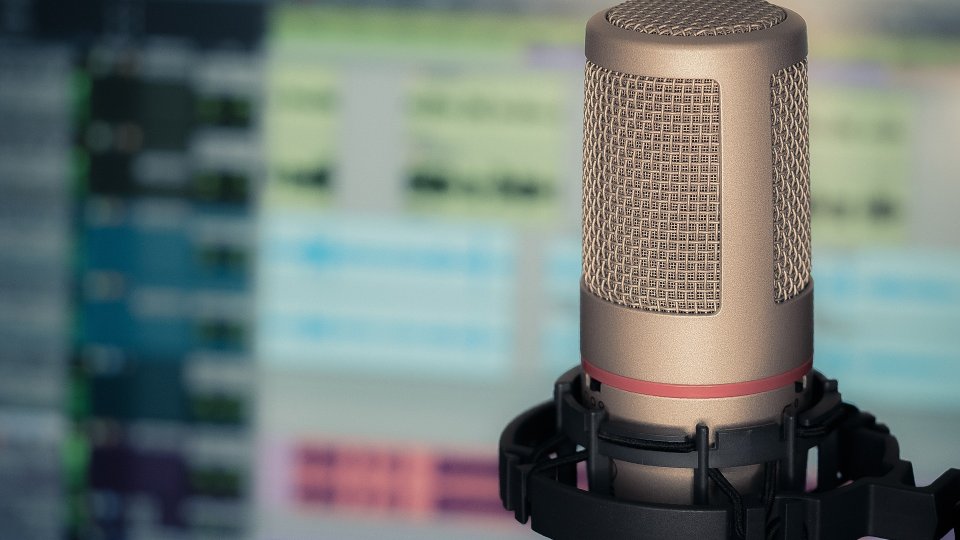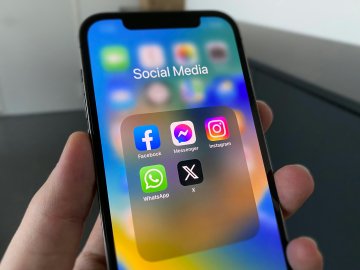In Episode 11 of our Interface Podcast, presenters Jess and Ailish, welcome content creator and television presenter Eman Kellam to discuss social media influencers and the impact this has on young people. Both Ailish and Eman have years of experience with content creation having both started YouTube channels in secondary school. However, while Eman has continued turning his hobby into a professional career, Ailish’s experience with online fame saw her stop content creation as a hobby.
With such experienced guests on the podcast, this episode considers the challenges young people aspiring to become social media influencers and content creators face, and how professionals can support young people’s ambitions further. Both the hosts and Eman give practical advice; considering the highs and lows of being a social media influencer and dealing with online fame.
Supporting Social Media Influencers
Throughout the podcast, the many skills acquired through content creation are demonstrated as important for young people’s development, with Eman and Ailish considering how they gained essential people skills, research skills, and entrepreneurism as influencers. However, while discussing how going viral online changed his school experience, Eman found that once his content went viral at 16 years old, he often felt less supported by his teachers to continue creating content.
Alongside this, they consider the significant resources young people need to become content creators, and how important it is for teachers to give young people the support they need to balance their aspirations with their education, without facing burnout. Considering their experiences, Eman and Ailish emphasise that teachers should be able to have conversations to support and guide young people about social media influencers and content creation.
Digital Wellbeing
Significantly, the episode focuses on the impact that social media influence can have on young people, and how schools need to be in a position to support young people’s digital wellbeing and mental health concerns. In particular, they highlight how many aspiring influencers deal with hurtful comments and criticism, or struggle to manage the pressure of going viral and maintaining their online popularity. Schools can find information about supporting students who have found unwanted fame online here.
Furthermore, both Eman and Ailish share their experiences of digital footprints, explaining how their past social media content continues to impact them today. Throughout the discussion, Jessica discusses the rise of shock factor content and the implications it could have on young people throughout their life if they go viral or public online.
Advice and Resources
As topics around content creation and social media continue to become a significant part of teaching young people digital literacy and wellbeing, SWGfL has created a series of resources and guidance to inform parents and professionals on how to support digital wellbeing in children and young people. Education professionals can print the exclusive Digital Wellbeing poster to provide further guidance to the young people in their care.
Alongside this, teachers can access ProjectEVOLVE, a free digital literacy toolkit, to address wellbeing and social media in the classroom (alongside many other topics). We also have specific guidance on how influencer culture can impact a young person’s wellbeing, and how parents and teachers can encourage young people to create a positive online space, as influencer culture continues to grow. For university students, we have created the Reputation Matters guide, to help young people review how they’re seen online.
Finally, if you would like further advice, you can contact the Professionals Online Safety Helpline, which is open to all professionals working with children and young people who have concerns about online safety issues.






